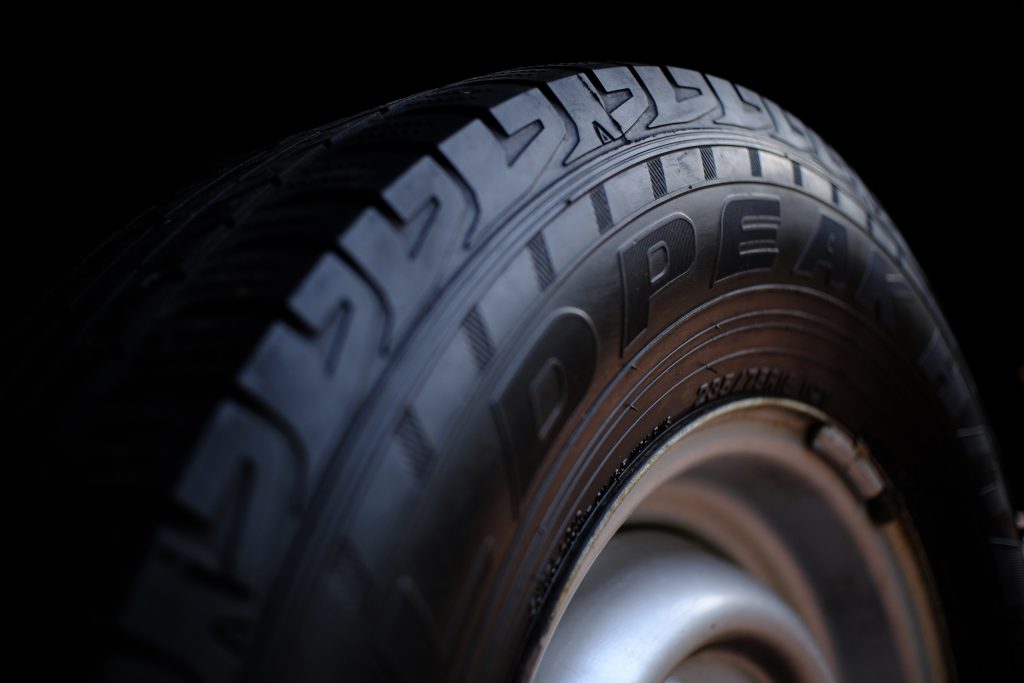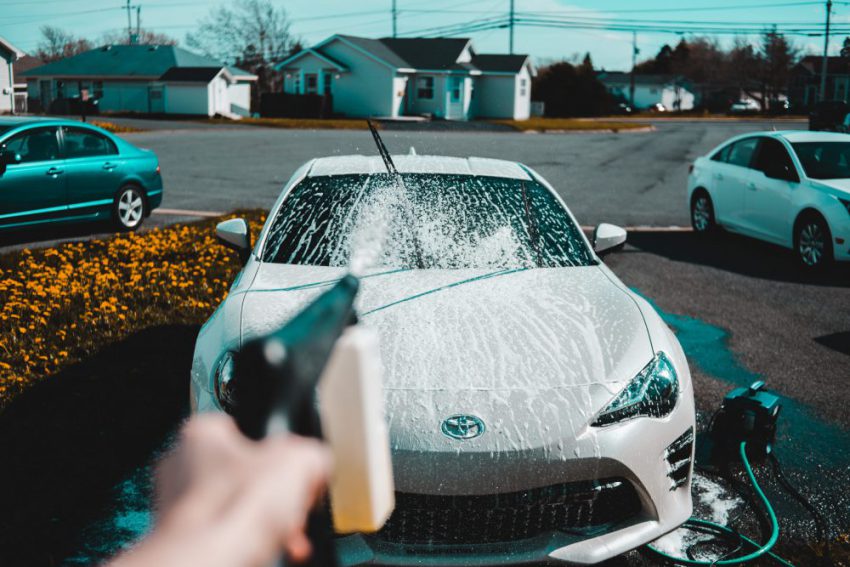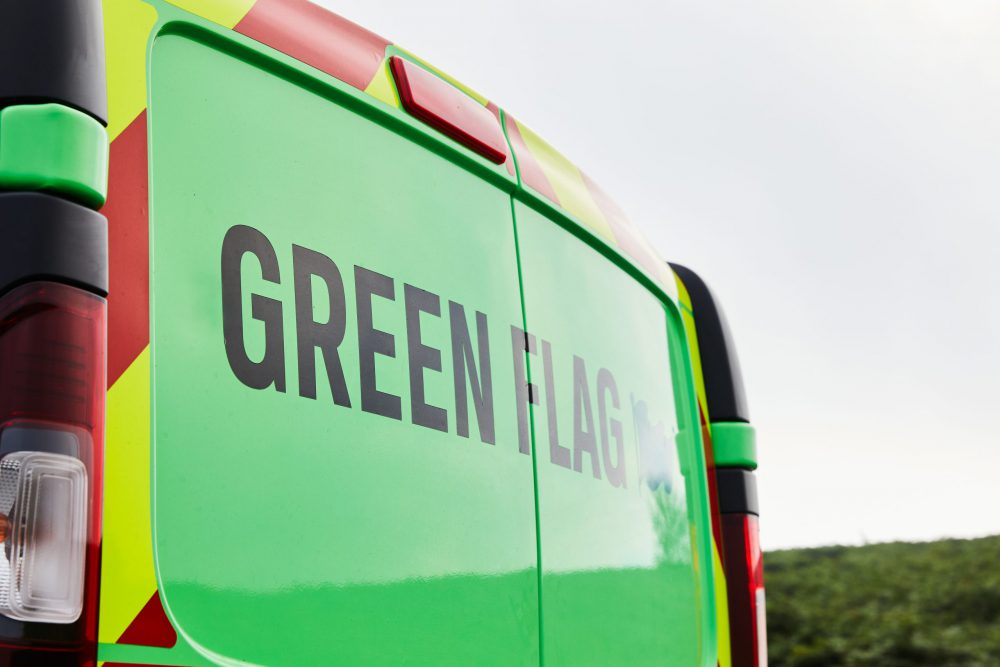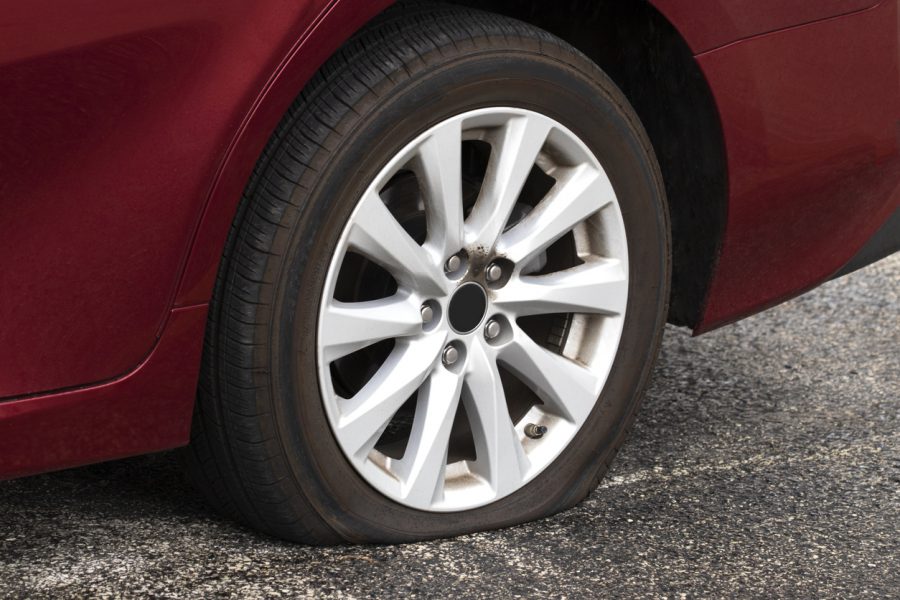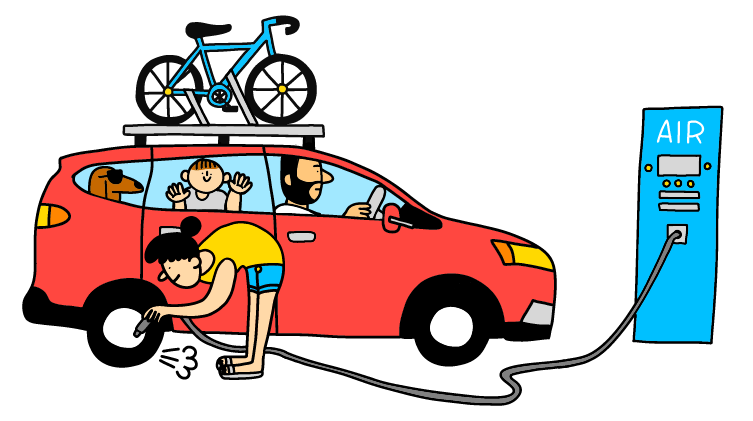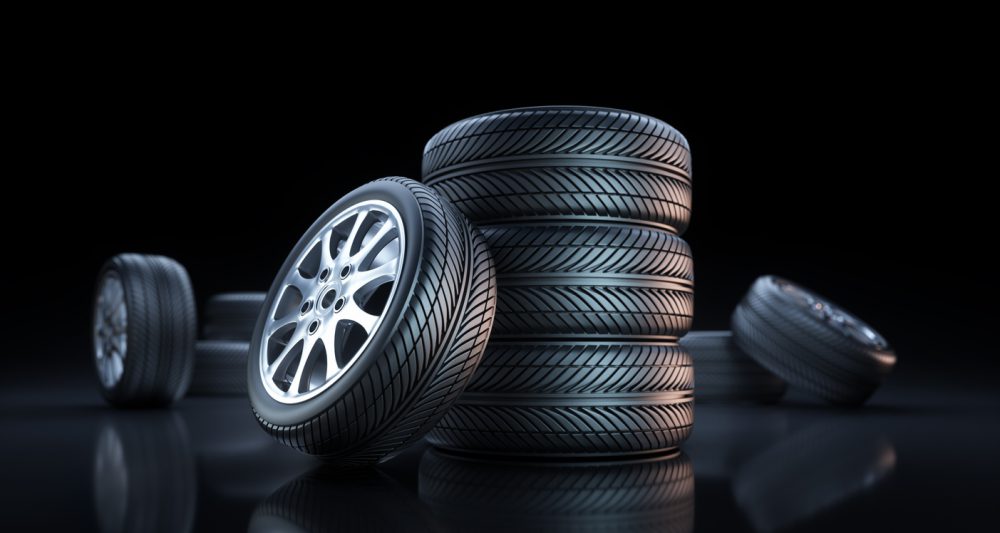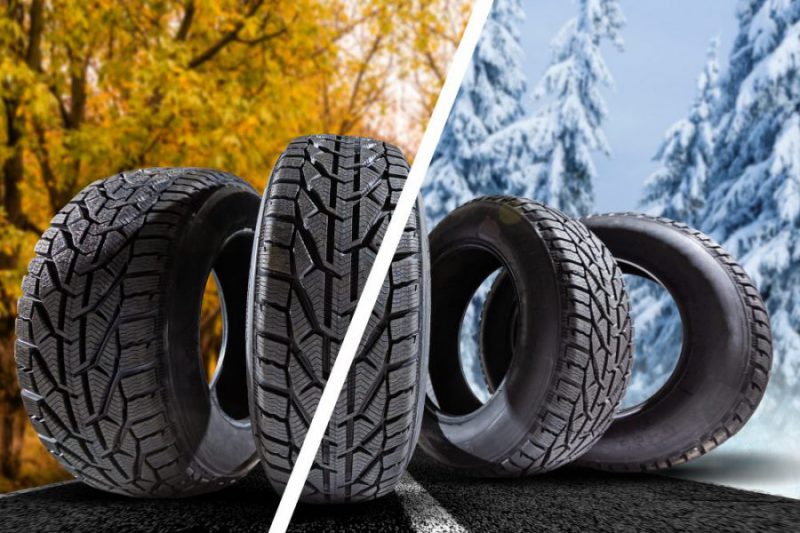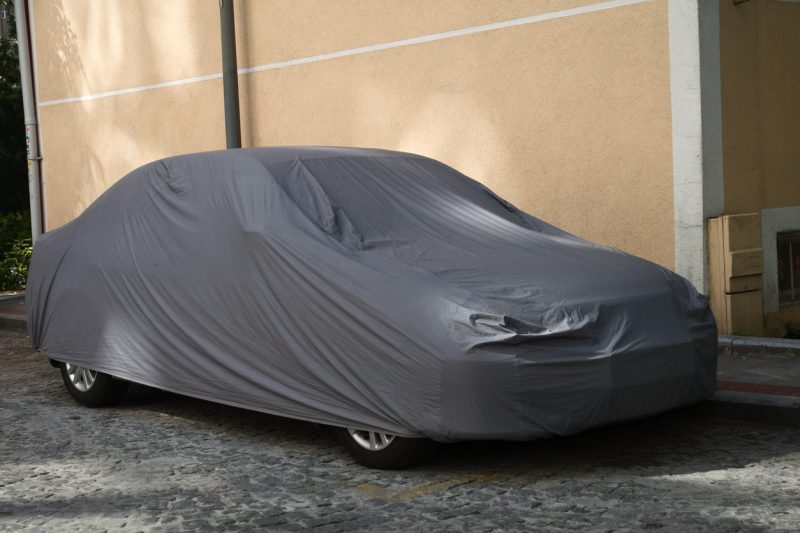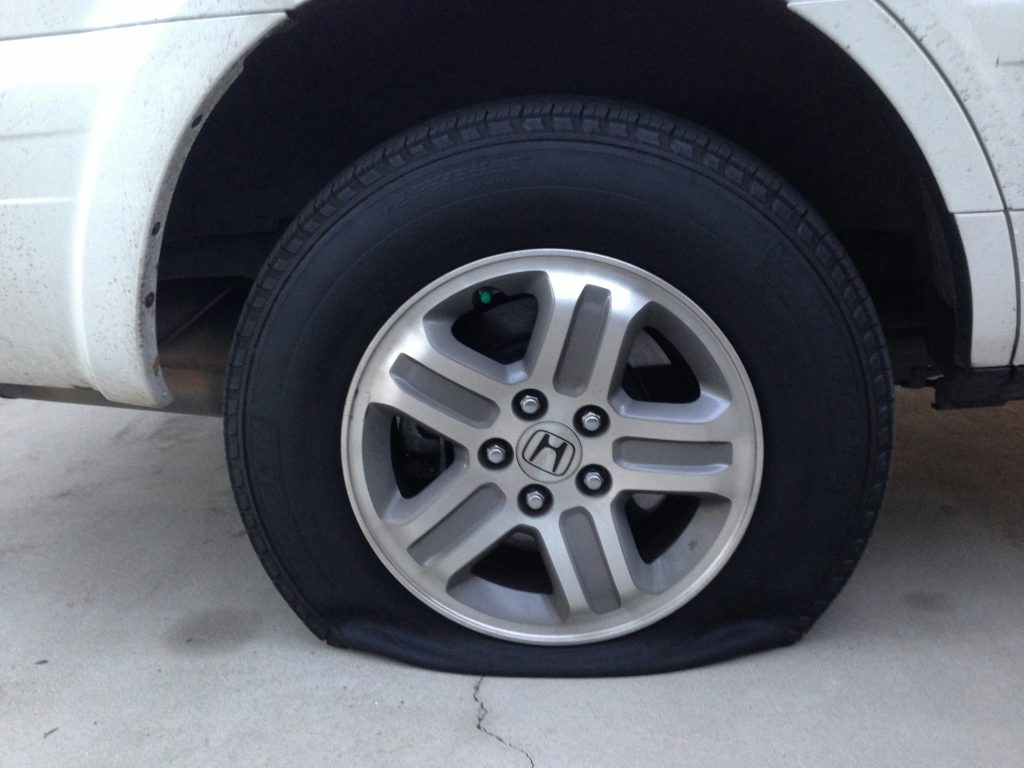
Drivers across the UK run into some kind of tyre trouble every 90 seconds – that’s around 40 flat tyres, blowouts, or punctures every hour.
Around 360,000 people were faced with a flat tyre last year, but do you know what to do if it happens to you? According to research by Green Flag, around 40% of drivers said they would have a go at fixing a flat tyre themselves.
If you’re someone who likes rolling their sleeves up but wouldn’t know where to start, we’re here with a guide on how to change a tyre.
Continue reading